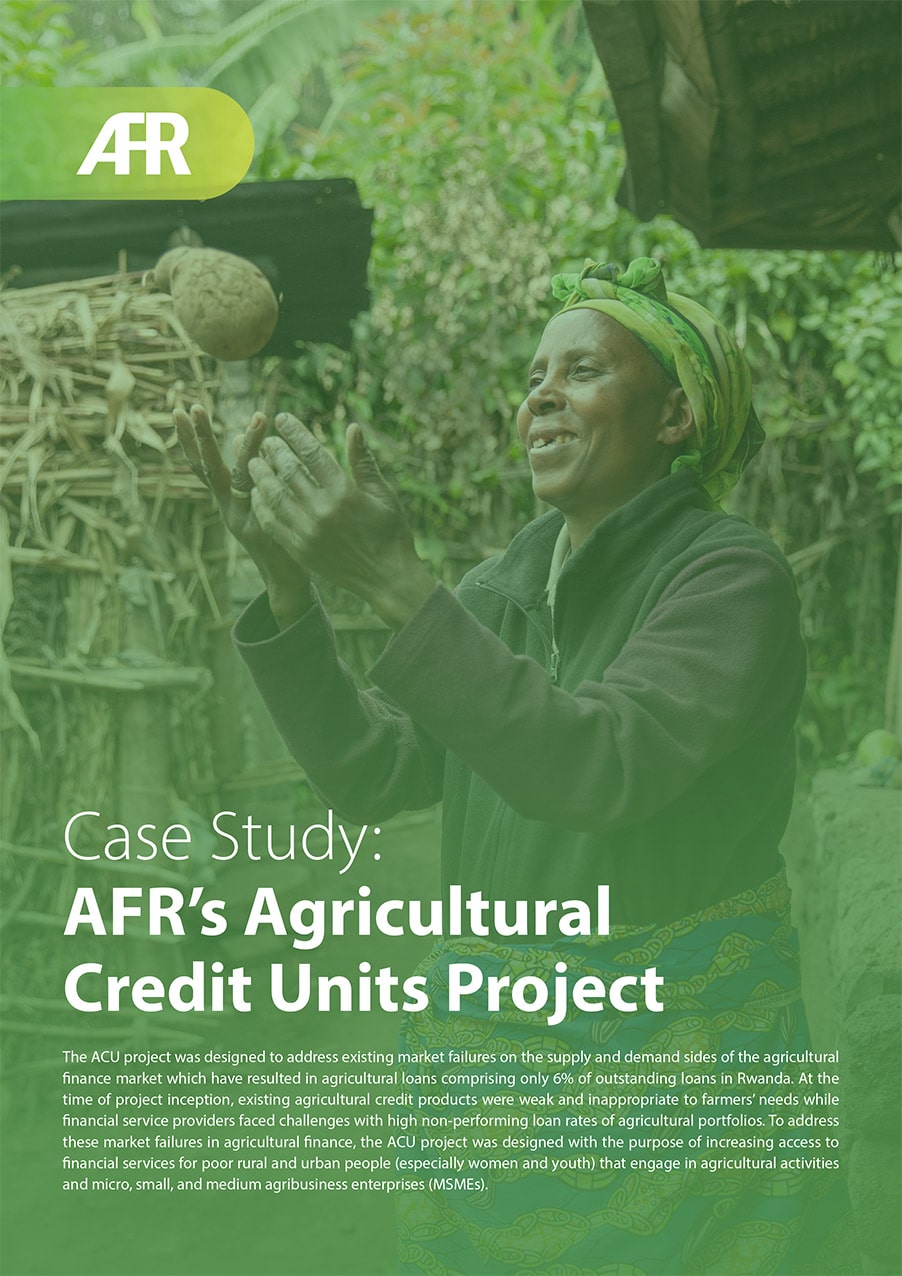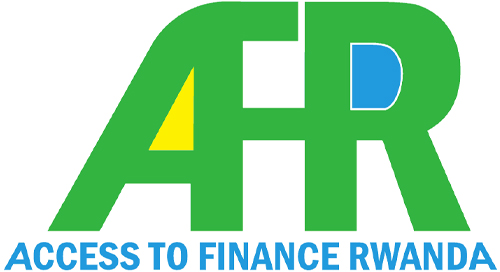
The Rwandan microfinance sector consists of 460 institutions, of which three are microfinance banks, 19 limited liability companies, 416 Umurenge SACCOs, and 22 non-Umurenge SACCOs. It should be noted that the microfinance sector serves nearly four million micro, medium, and small entrepreneurs (MSMEs and SMEs) in Rwanda, as per the Association of Microfinance Rwanda (AMIR).
In a bid to understand the impact and challenges faced by the Microfinance sector as entities during the COVID-19 pandemic, Access to Finance Rwanda (AFR) in partnership with the Association of Microfinance Rwanda (AMIR) conducted a rapid survey that aimed to assess the extent to which, microfinance banks (both national and international), as well as the SACCOs (both Umurenge and Non-Umurenge), have been affected by the Covid-19 lockdown.



